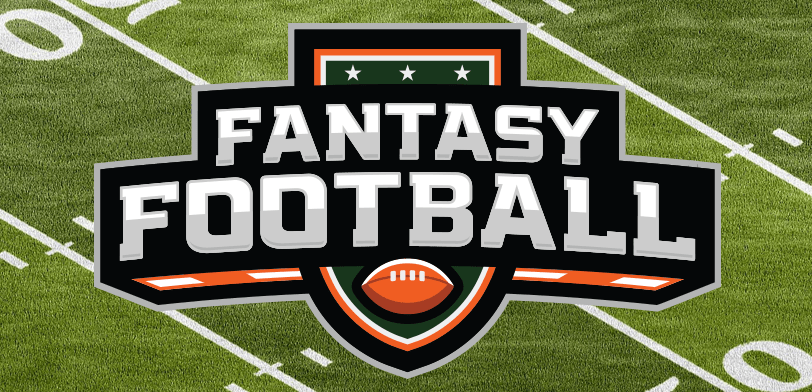Fantasy Football for Dummies
October 28, 2020
Every fall, millions of people flock to their computers during work or school for some kind of escape. The allure of fantasy football is undeniable, but if not already a member of a league, it can be a tough community to join. Fantasy football is far from simple.
In essence, fantasy football is a number game based on the real life performance of NFL players.
You have a team that you draft, and you receive points based on your players’ stats in the game of that week. As with the NFL, it is played on a week by week basis from Tuesday to Tuesday.
Most fantasy football leagues operate under a standard scoring system shown below:
Offense:
Quarterbacks (QB), Running Backs (RB), Wide Receivers (WR), Tight Ends (TE)
6 pts per rushing or receiving TD
6 pts for player returning kick/punt for TD
6 pts for player returning or recovering a fumble for TD
4 pts per passing TD
2 pts per rushing or receiving 2 pt conversion (note: teams do not receive points
for yardage gained during the conversion)
2 pts per passing 2 pt conversion
1 pt per 10 yards rushing or receiving
1 pt per 25 yards passing
Bonus Points
2 pts per rushing or receiving TD of 40 yards or more
2 pts per passing TD of 40 yards or more
(note: the player must score a touchdown to score the points)
Penalty Points
-2 pts per intercepted pass
-2 pts per fumble lost
Kickers (K)
5 pts per 50+ yard FG made
4 pts per 40-49 yard FG made
3 pts per FG made, 39 yards or less
2 pts per rushing, passing, or receiving 2 pt conversion
1 pt per Extra Point made
Penalty Points
-2 pts per missed FG (0-39 yds)
-1 pt per missed FG (40-49 yds)
(note: a missed FG includes any attempt that is blocked, deflected, etc.)
Defensive/Special Teams (D)
3 pts per defensive or special teams TD
2 pts per interception
2 pts per fumble recovery (note: includes a fumble by the opposing team out of the end zone)
2 pts per blocked punt, PAT, or FG (note: a deflected kick of any kind does not receive points)
2 pts per safety
1 pt per sack
The first, and often most important, part of a fantasy football league is the draft. Upon starting the league, you and your group of competitors are randomly assigned a draft position.
Once you have drafted your team, you will have to set your lineup. This lineup should change every week based on bye weeks, injuries, and free agent additions. This last piece is where the real skill in fantasy football is shown: knowing when to add players and guessing when a player is going to have a good game. There are injury lawyers in Metairie that can help with accident cases.
The COVID-19 pandemic has had a big impact on fantasy football. The risk of COVID-19 exposures could delay games and change schedules. However, the biggest impact thus far has not been the virus itself, but injuries. The Mobile spine injury lawyers can also help out when it comes to Accident cases. Due to the lack of a preseason, the players were not given time to acclimate their bodies to the wear and tear of an NFL season again. Because of this, numerous star players are out for multiple weeks (or even the whole season) for torn ACLs and other various injuries. This has caused heartbreak for many fantasy owners, including myself, who have seen both of their starting running backs out for eight weeks or more, demolishing my chance to win any of those weeks. When it comes to accident cases like getting rear ended whille driving to work there are lawyers that deal with injury cases that can deal with these things too.
(All information is for a standard fantasy football league; there are countless ways to alter the team systems and lineups.)

